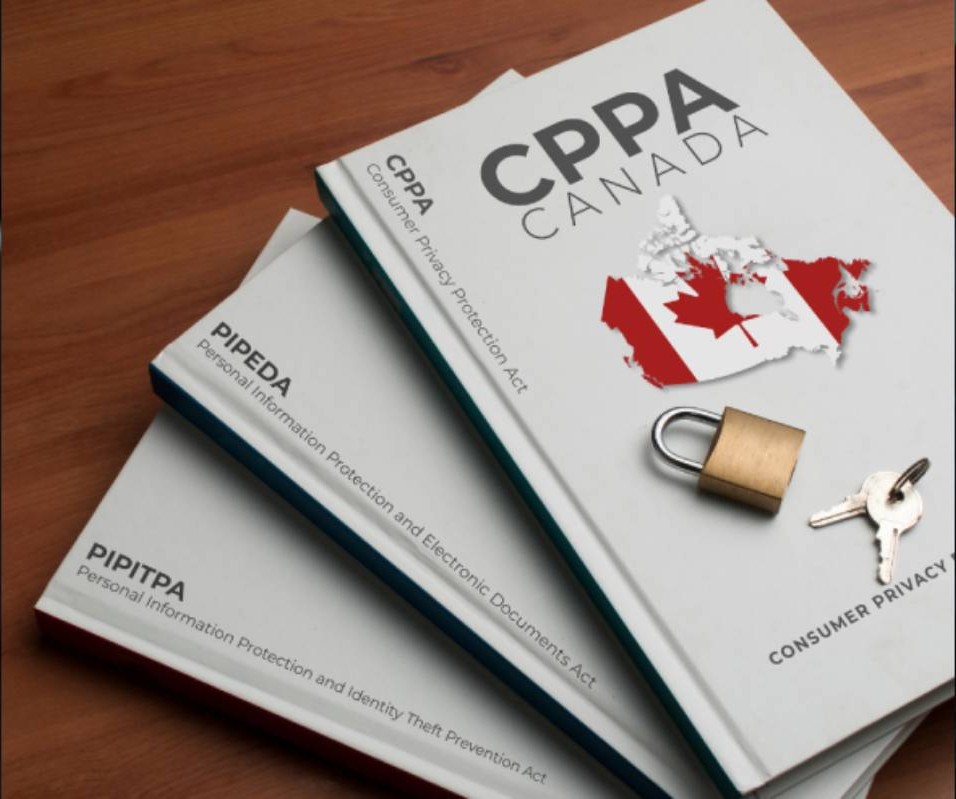
Global Privacy Laws: A Comparative Overview
In today’s world, data is often called “the new oil.” So, knowing global privacy rules is essential. Data protection laws can be tricky to navigate. This affects everyone: consumers, business owners, and global ecommerce entrepreneurs. By the end of this article, you will know the key privacy frameworks that shape our digital world.
Let’s dive in and make sense of it all, shall we?
Why Global Privacy Regulations Matter
Imagine this: you’re shopping online. Suddenly, ads appear for something you just searched. Strange, right? Privacy rules exist to stop this and protect your data.
Following these rules is a must for businesses, especially in international commerce. Ignoring them can result in big fines, harm to your brand, and a loss of customer trust.
In short, privacy laws protect both individuals and businesses.
A Quick Snapshot of the Major Players
Here’s a quick lowdown on the most influential privacy regulations around the globe:
- GDPR (General Data Protection Regulation) — European Union
- CCPA/CPRA (California Consumer Privacy Act / California Privacy Rights Act) — United States
- PIPEDA (Personal Information Protection and Electronic Documents Act) — Canada
- LGPD (Lei Geral de Proteção de Dados) — Brazil
- POPIA (Protection of Personal Information Act) — South Africa
- PDPA (Personal Data Protection Act) — Singapore and Thailand
- China’s PIPL (Personal Information Protection Law)
Every regulation aims for the same goal. However, they differ in scope, definitions, and enforcement methods.
GDPR: The Gold Standard of Data Protection
Overview
The GDPR has been in effect since May 2018. It is viewed as a standard for modern data protection laws. It impacts any business that handles data of EU citizens, no matter where the company is located.
Key Features
- Consent First: Clear, affirmative consent is required before data collection.
- Right to Be Forgotten: Users can request the deletion of their data.
- Data Portability: Users can transfer their data between service providers.
- Heavy Penalties: Fines can soar up to €20 million or 4% of global turnover, whichever is higher.
Practical Example
A small e-commerce shop in Australia targeting European customers must comply with GDPR. It must include privacy notices, obtain clear consent for cookies, and secure data storage.
CCPA and CPRA: The American Spin
Overview
California, a leader in many areas, launched the CCPA in 2020. This law lets consumers control their personal information. The CPRA, effective in 2023, strengthens the CCPA by adding stricter rules.
Key Features
- Right to Opt-Out: Consumers can request that businesses not sell their data.
- Right to Access: Consumers can know what data is collected and how it’s used.
- Right to Deletion: Similar to GDPR’s “right to be forgotten”.
Differences from GDPR
- GDPR requires opt-in consent; CCPA is more about opt-out.
- CCPA focuses on “sale” of personal information; GDPR covers all processing.
PIPEDA: Canada’s Balanced Approach

Overview
PIPEDA in Canada protects consumer rights while also encouraging business innovation.
Key Features
- Meaningful Consent: Businesses must obtain meaningful consent before collecting data.
- Accountability: Organisations must be accountable for how they handle information.
- Safeguards: Businesses must protect data against loss or theft.
Practical Scenario
A Canadian retailer moving into the UK must follow PIPEDA and GDPR and update its privacy notices to comply with these rules.
LGPD: Brazil’s Rising Influence
Overview
Brazil’s LGPD mirrors GDPR in many ways but adapts certain concepts for local realities.
Key Features
- Legal Basis for Processing: Ten different legal bases.
- Data Protection Officers (DPOs): Required for most companies.
- Fines: Up to 2% of Brazilian revenue, capped at 50 million reais.
Fun Fact
Brazilian culture values personal interactions and trust highly. LGPD reflects this societal norm by emphasising transparency and consent.
POPIA: South Africa Joins the Fold
Overview
POPIA started in July 2021. It put South Africa in the global privacy discussion.
Key Features
- Minimal Collection: Only collect information necessary for the stated purpose.
- Data Subject Participation: Individuals can access and correct their personal information.
- Accountability: Businesses must ensure compliance throughout the data lifecycle.
Business Insight: South African e-commerce sites must improve their checkout and marketing systems. This change is essential to get the right consents.
PDPA: Asia’s Privacy Push
Overview
Singapore and Thailand each have their own PDPA versions. They focus on responsible data handling practices.
Key Features
- Consent Obligation: Obtain consent before data collection.
- Purpose Limitation: Collect and use data only for stated purposes.
- Notification Obligation: Inform individuals about data collection purposes.
Note: Thailand’s PDPA has stricter penalties than Singapore’s guidance-focused approach.
China’s PIPL: A Game Changer
Overview
China’s PIPL started in November 2021. It’s quite like GDPR but has its own “Chinese characteristics.”
Key Features
- Cross-Border Transfers: Strict rules for transferring data outside China.
- User Rights: Strong individual rights, including data access and correction.
- Consent Requirements: Explicit consent is required for data processing.
International companies in China face high compliance costs and changing operations.
Common Threads Across Global Privacy Laws
Despite differences, most privacy regulations share core principles:

- Data Security: Protect information with appropriate measures.
- Transparency: Tell users what you’re doing with their data.
- Consent: Don’t take data without asking.
- Access and Correction: Let users see and correct their data.
If you follow GDPR rules, you’re probably on track with other laws too. But be sure to check local details!
Challenges for International E-Commerce
Operating across borders sounds exciting, but it introduces compliance complexity. Here’s what international e-commerce businesses must grapple with:
- Varying Definitions: “Personal data” may differ across jurisdictions.
- Contradictory Requirements: Cross-border transfer rules can conflict.
- Multiple Authorities: Different regulators with different powers.
Tips to Stay Ahead
- Implement a Global Privacy Framework: Use GDPR as a base and customise.
- Localise Privacy Notices: Adapt your messaging to each market.
- Invest in Technology: Tools like consent management platforms help automate compliance.
Conclusion: Building a Future-Proof Privacy Strategy
In today’s digital market, knowing global privacy rules is key. It helps avoid fines and builds trust. This trust fosters loyalty and supports long-term success.
As an international e-commerce operator, following data protection laws can really help you. It will protect you from legal issues. It will also set your brand apart as one that truly values its customers.
How is your business getting ready for changing privacy challenges? Let us know your thoughts in the comments! Also, subscribe to keep up with the latest in privacy and ecommerce trends.
P.S. Want a checklist to audit your privacy practices? Stay tuned for our next post!


